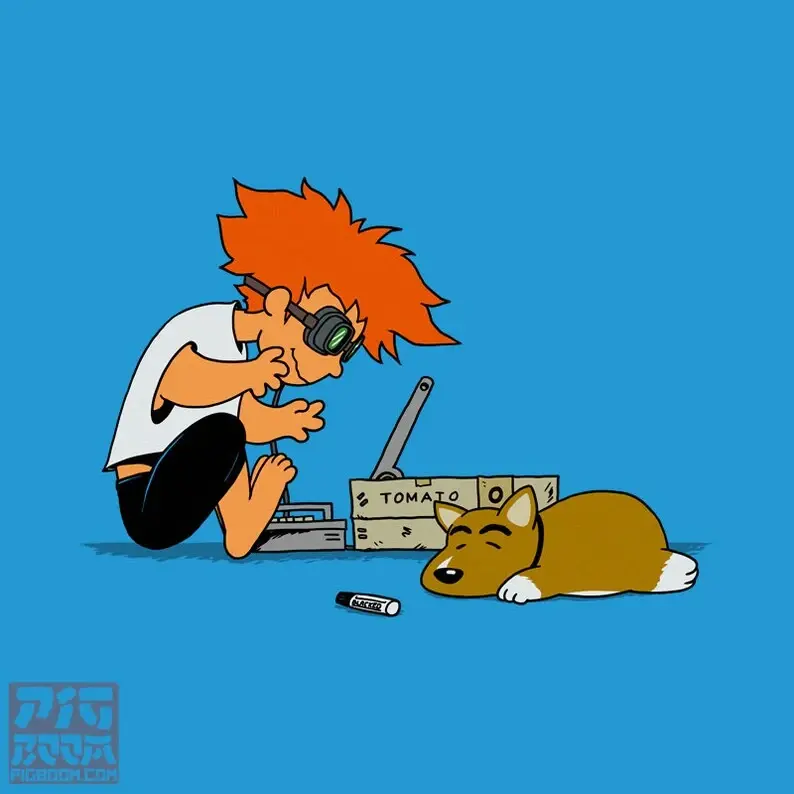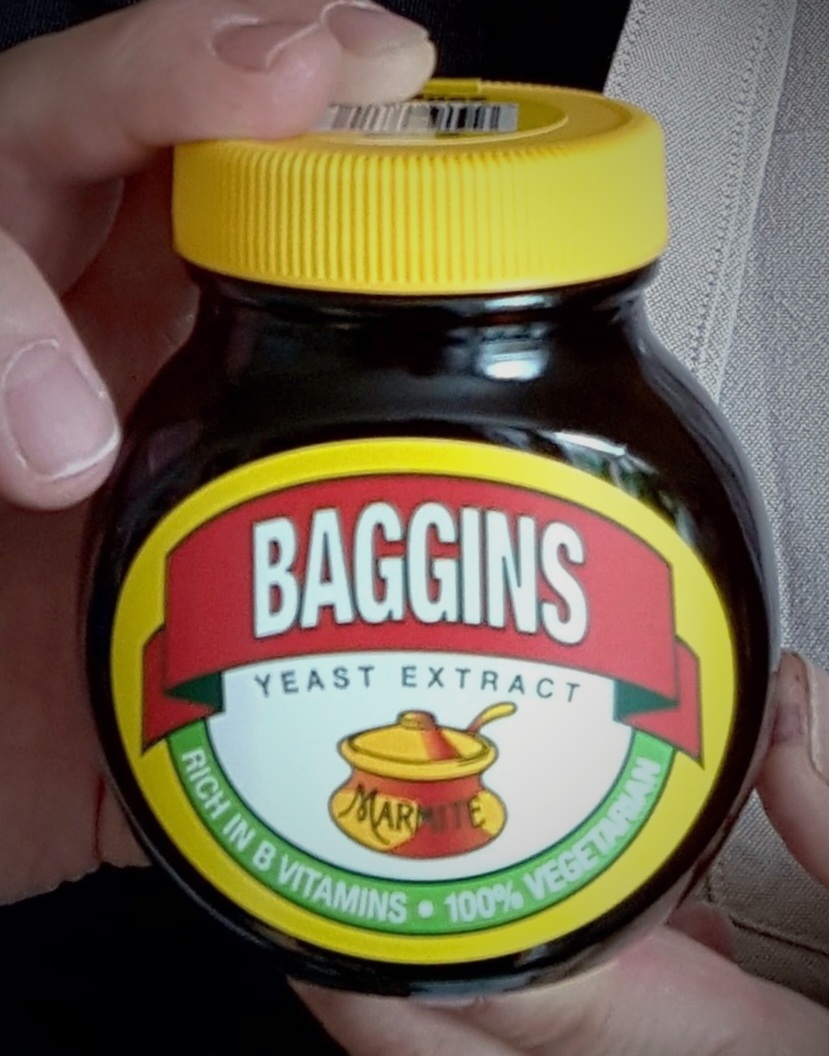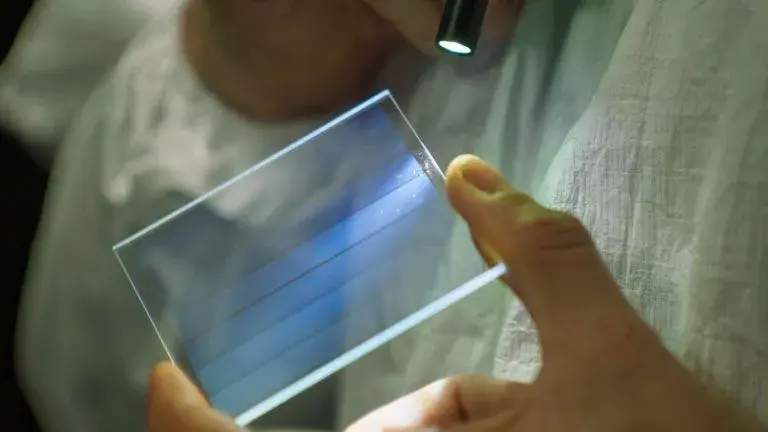
Microsoft asserts that the 7 TB storage per glass sheet maintains data integrity for 10,000 years.
Imagine people 10,000 years from now finding a 7tb homework folder of high resolution ponies.

Imagine dropping said sheet of glass and losing 7tb of your data

Presumably you can store the glass in a metal case with some padding? It’s not gonna be much more fragile than a hard drive.

Some current HDD platters are already made of glass or ceramic.

I would think it’s just not made for portable use but for storing data at a data center

Oopsie doopsie.

I have some questions: How fast are read and write operations and random access? What are the expected prices, once it hit mass production for the average consumer? And how long is expected to take until this happens?

From the article it seems to be write once and then it is read only. As reading requires mechanical movement (for now), I would guess that random reads are quite slow.
So I guess the first application would be archives, and then later it could be used like a CD.

Makes sense. I hope Nintendo uses these as game cartridges in the future. :D

Which would beat current LTO tape, that’s the real goal they have. It’s not replacing hard drives, random read time isn’t important, it’s archive. Tape can be real finicky to store at volume, but it’s amazing at archiving. A single tape can now natively hold well over 20TB and doesn’t need to be kept powered on.

On the one hand, I’m slightly disappointed because ever since I first heard about this tech I’ve been lusting after having a quartz drive in my own computer so I can burn billion-year “disks” of my stuff. :) But on the other hand, at least this is good news that the tech is progressing toward actual use. It’s another step along the way.

While it won’t make sense for every datacenter, it would be so amazing to walk into one and see something hyper futuristic placed on walls

I just hope this takes off so the market gets flooded with cheap LTO tapes and drives for us amateur archivists

silicon storage heaven
There is no such thing!
🤖 I’m a bot that provides automatic summaries for articles:
Click here to see the summary
Using Project Silica technology, it is possible to store approximately 1.75 million songs or around 3,500 movies on a palm-sized slice of glass.
Also, we note the focus seems to have changed from music archiving purposes to cloud server data storage.
In the new video, Ant Rowstron, a deputy lab director at Microsoft Research Cambridge, outlines the great appeal of Project Silica in addressing the ever-increasing amount of data being generated by humans and in cloud storage.
In contrast, data stored in glass, with its natural resistance to water, electromagnetic pulses, extreme temperatures, and surface scratching, can be stable for thousands of years.
We wondered what would happen if a robot fell or dropped a slice of glass, but Microsoft’s blog doesn’t discuss this possibility.
It envisions glass storage as “a mainstay in Azure data centers across the globe” that needs another three of four developmental stages to secure its place and live up to its durable, sustainable, and cost-effective potential.
Saved 59% of original text.

I love the little robots


